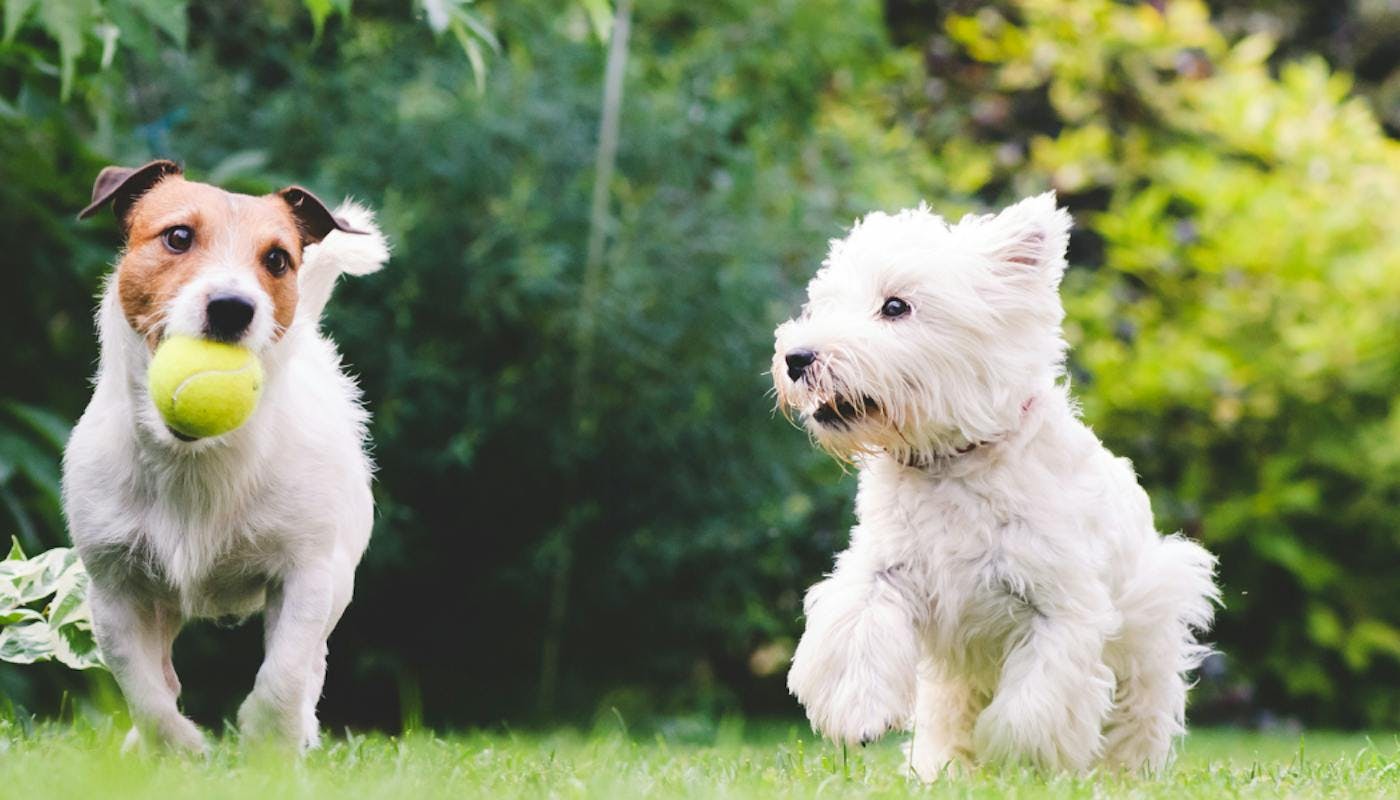5 Ways Neutering Will Change Your Dog
The process of neutering our pets is commonplace. In fact, studies suggest that in 2020 more than half of dogs in the US are neutered! But with so much information, differing opinions and often conflicting advice, as a dog owner it can be really confusing to know if neutering is right for your dog.
Our expert veterinarians are on hand to guide you through the changes your dog will go through after neutering. Read on for all the vital information you may need to make a decision, and support your dog’s health long into the future.
1. Neutering WON’T Change Your Dog’s Personality
It is a common perception that your dog will be calmer after neutering, and sometimes this may be the case. But to fully understand how neutering is likely to affect your dog, it is important to understand what is driving your dog to display these behaviors.
Neutering (also known as spaying in females and castration in males) removes the hormones related to reproduction — testosterone and estrogen. So if your dog is showing behaviors related to these hormones, then neutering is likely to help.
The most common behaviors driven by reproductive hormones include:
Dog-on-Dog Aggression
Urine Marking
False Pregnancies and Nesting
However, it is important to note that a majority of other behaviors have a different underlying cause. So neutering alone is not going to alter your dog’s entire personality!
For example, many dogs suffer from anxiety, unrelated to reproductive hormones. So providing supplements such as Ashwagandha/products/harmony, which have been shown to reduce stress levels in dogs, will be a much more effective support for anxious behavior than neutering.
2. Dogs May Be Less Prone To Health Problems In The Future
Neutering your dog can bring undeniable health benefits for the future. For female dogs, neutering can greatly reduce the risk of developing canine breast cancer and prevents a potentially life-threatening uterine infection called Pyometra. In male dogs, neutering significantly reduces the likelihood of prostatic disease and totally eliminates the risk of developing testicular cancer.
3. The Risk of Other Types of Cancer May Be Increased
Although the risk of certain types of cancer are decreased with neutering, research suggests the risk of developing other types of cancer like hemangiosarcoma (blood cancer), osteosarcoma (bone cancer) and certain cancers of the immune system may be increased slightly after neutering.
This appears to be true of both sexes, but studies indicate a greater risk for females — and that there may be some influence from the age of neutering. However, research into this is still ongoing as there are so many factors that play a part in a dog’s susceptibility to cancer. It is worth discussing this with your vet who can advise the best course of action for your dog’s individual lifestyle, age and breed.
4. The Risk of Joint Disease May Be Increased
Neutering your dog at an early age, may alter growth plate closure which can lead to joint problems in later life. The risks will vary depending on age of neutering, your dog’s breed and level of physical exercise in early life. For certain large and giant breeds it is advised to delay neutering until adulthood to reduce this risk.
For any neutered dog, there is no need to wait until your dog is showing signs of sore joints to give them support. Using joint supplements from an early age can help to maintain healthy mobility and delay the signs of aging. The One/products/the-one by Front Of The Pack /contains Glucosamine, Chondroitin and MSM proven to protect cartilage and help joints stay cushioned and supple.
5. Dogs Are More Likely to Gain Weight After Neutering
After neutering, the level of calories your dog needs each day will reduce slightly. The loss of reproductive hormones also causes an alteration in appetite, so your dog may also feel a little more hungry than before!
If left unchecked, this is an easy recipe for weight gain. So it is important to make some small adjustments to your dogs diet, and some cut-backs after neutering to prevent them from gaining weight.
Whether to neuter or not is a complex issue with many factors such as your dog’s age, breed and family line to consider — there is no one size fits all, so always do what feels right for your situation and your dog.
Find out more about how supplements/products can benefit your dog’s health after neutering at Front Of The Pack.
